Home>Furniture & Design>Outdoor Furniture>What Is The Most Effective Outdoor Mosquito Control?
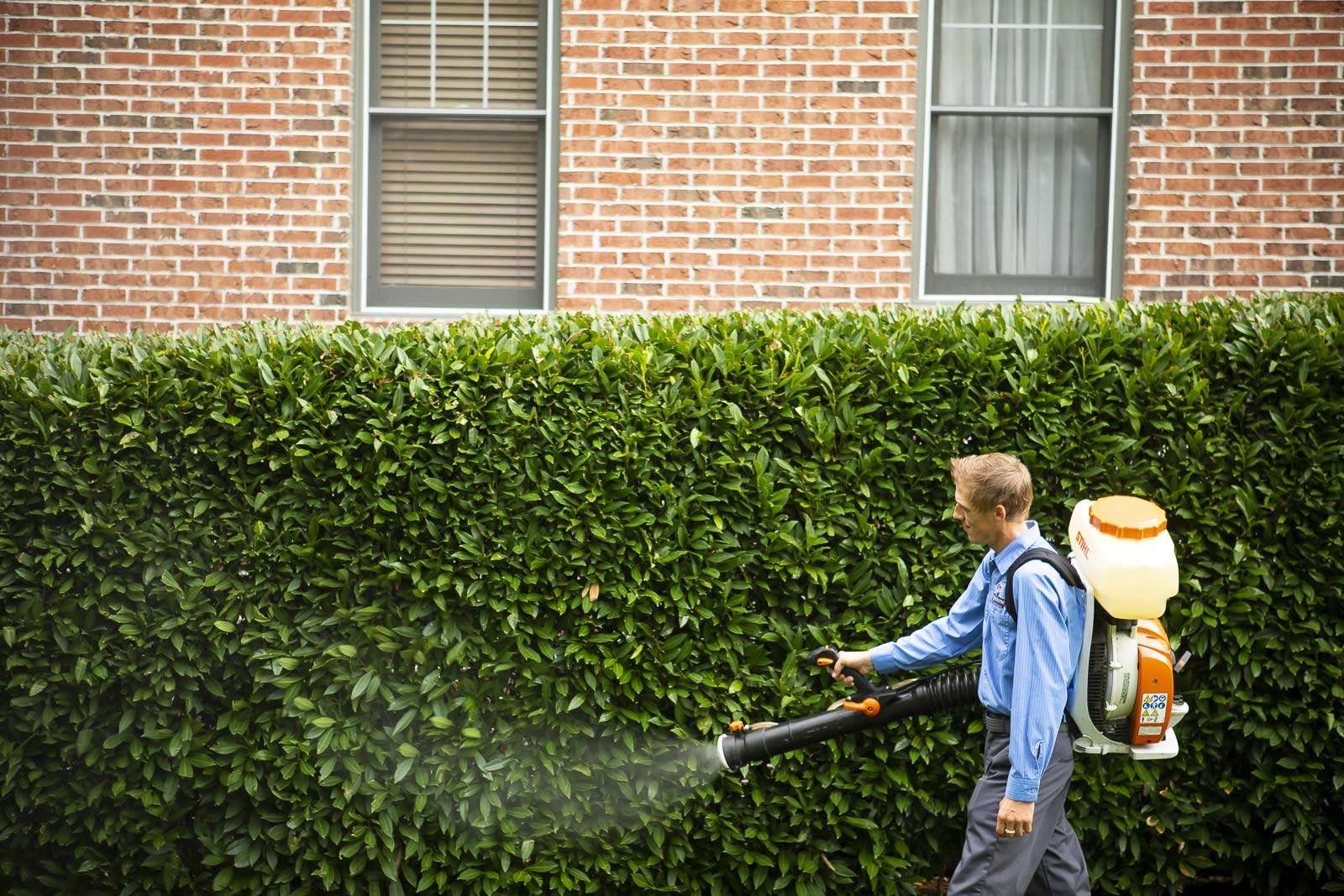

Outdoor Furniture
What Is The Most Effective Outdoor Mosquito Control?
Published: February 12, 2024
Discover the most effective outdoor mosquito control methods to keep your outdoor furniture and design space free from pests. Choose the best solutions for a mosquito-free outdoor experience.
(Many of the links in this article redirect to a specific reviewed product. Your purchase of these products through affiliate links helps to generate commission for Storables.com, at no extra cost. Learn more)
Introduction
Welcome to the great outdoors, where the sun shines, the birds chirp, and the gentle breeze beckons you to relax in your outdoor oasis. However, amidst the idyllic setting, there's a persistent buzz that threatens to disrupt your tranquility – the dreaded mosquito. These tiny, blood-thirsty pests have a knack for turning a peaceful evening into a battle against incessant itching and irritation.
But fear not, for there are effective methods to control mosquitoes and reclaim your outdoor space. Whether you're hosting a backyard barbecue, lounging by the pool, or simply enjoying a quiet evening on the patio, understanding the most effective outdoor mosquito control methods can make all the difference in creating a comfortable and enjoyable environment.
In this article, we will explore various mosquito control strategies, ranging from chemical and natural methods to physical interventions and integrated pest management. By delving into these approaches, you will gain valuable insights into combating mosquitoes and reclaiming your outdoor haven. So, let's embark on a journey to discover the most effective outdoor mosquito control methods and bid farewell to those pesky, unwelcome guests.
Key Takeaways:
- Embrace natural control methods like mosquito-repellent plants and biological control to keep mosquitoes at bay while preserving the ecological balance of outdoor spaces.
- Integrated Pest Management offers a strategic and holistic approach, combining diverse strategies and community involvement to effectively manage mosquito populations and promote sustainable outdoor living.
Understanding Mosquito Control
Before delving into the specifics of mosquito control methods, it’s essential to grasp the fundamentals of mosquito behavior and the factors that contribute to their proliferation. Mosquitoes are not only a nuisance; they also pose health risks due to their ability to transmit diseases such as West Nile virus, Zika virus, and malaria.
Mosquitoes breed in stagnant water, making any source of standing water a potential breeding ground. This includes ponds, bird baths, clogged gutters, and even small puddles. Understanding the breeding habits of mosquitoes is crucial in implementing effective control measures.
Furthermore, mosquitoes are most active during dawn and dusk, making these times particularly challenging for outdoor gatherings. Their attraction to carbon dioxide and body heat also influences their feeding habits, with pregnant females seeking blood meals to aid in the development of their eggs.
By comprehending the behavior and habitat preferences of mosquitoes, it becomes evident that effective control methods should target their breeding sites, disrupt their feeding patterns, and minimize their presence in outdoor areas. With this understanding as our foundation, we can now explore the diverse approaches to mosquito control, each offering unique advantages in mitigating the nuisance and potential health risks posed by these persistent pests.
Chemical Control Methods
Chemical control methods for managing mosquitoes involve the use of insecticides to eliminate adult mosquitoes, larvae, or both. These methods are commonly employed in outdoor spaces to reduce mosquito populations and minimize the risk of disease transmission.
Sprays and Foggers: Aerosol insecticides can be applied using sprayers or foggers to target adult mosquitoes. These products are effective for immediate relief from mosquito bites and can cover large outdoor areas. However, it’s important to use them judiciously to minimize environmental impact and potential harm to non-target organisms.
Larvicides: Larvicides are substances designed to kill mosquito larvae before they emerge as adults. They are applied to standing water sources, such as ponds, ditches, and containers, to disrupt the mosquito life cycle. Larvicides are available in various formulations, including granules, briquettes, and liquid concentrates, making them adaptable to different breeding sites.
Insect Growth Regulators (IGRs): IGRs are chemicals that interfere with the growth and development of mosquitoes, ultimately leading to population reduction. These compounds target the immature stages of mosquitoes, preventing them from reaching adulthood and reproducing. IGRs are considered environmentally friendly and have minimal impact on non-target organisms.
While chemical control methods can be effective in reducing mosquito populations, it’s essential to exercise caution and adhere to safety guidelines when using insecticides. Appropriate application techniques, timing, and dosage are crucial to maximize effectiveness while minimizing potential risks to human health and the environment. Additionally, integrating chemical control with other mosquito management strategies can enhance overall efficacy and sustainability.
As we navigate the realm of mosquito control, it’s important to recognize that chemical methods are just one facet of a comprehensive approach to mitigating mosquito populations and ensuring outdoor comfort and safety. Let’s now turn our attention to natural control methods, which offer alternative solutions rooted in eco-friendly and sustainable practices.
Natural Control Methods
Embracing nature’s own remedies, natural control methods offer environmentally friendly and sustainable approaches to managing mosquito populations without resorting to chemical interventions. These methods align with the principles of ecological balance and promote the coexistence of humans and wildlife within outdoor environments.
Mosquito-Repellent Plants: Incorporating mosquito-repellent plants into outdoor landscapes can serve as a natural deterrent against these pesky insects. Plants such as citronella, lavender, marigold, and rosemary emit fragrances that repel mosquitoes, adding both aesthetic appeal and functional mosquito control to outdoor spaces.
Biological Control: Introducing natural predators and biological agents that target mosquito larvae can effectively reduce mosquito populations. For instance, certain species of fish, such as mosquito fish (Gambusia affinis), consume mosquito larvae, making them valuable allies in natural mosquito control for ponds and water features.
Mosquito Traps: Utilizing mosquito traps that leverage natural attractants, such as carbon dioxide and heat, can capture and reduce adult mosquito populations without the use of chemical insecticides. These traps are designed to mimic human or animal hosts, luring mosquitoes into a capture mechanism that prevents their escape.
Habitat Modification: Modifying outdoor environments to minimize potential mosquito breeding sites can significantly impact mosquito populations. This includes regularly emptying containers that collect water, maintaining proper drainage to prevent water accumulation, and promoting natural predators’ habitats, such as dragonflies and birds, which feed on mosquitoes.
Natural control methods not only offer sustainable alternatives to chemical interventions but also contribute to the overall ecological balance of outdoor ecosystems. By harnessing the power of nature, we can effectively manage mosquito populations while fostering harmonious outdoor environments that prioritize environmental stewardship and human well-being.
As we explore the array of mosquito control strategies, it’s evident that natural methods provide valuable options for mitigating mosquito populations in outdoor settings. However, our journey through the realm of mosquito control doesn’t end here. Let’s now venture into the realm of physical control methods, where innovative solutions await to address the persistent challenge of mosquito management.
To effectively control outdoor mosquitoes, remove standing water where they breed, use mosquito repellent, and consider using mosquito traps or hiring professional mosquito control services.
Physical Control Methods
Physical control methods offer practical and tangible approaches to managing mosquito populations by directly targeting their presence and access to outdoor spaces. These methods encompass a range of interventions designed to create barriers, disrupt mosquito behavior, and enhance outdoor comfort without relying on chemical or natural substances.
Mosquito Screens and Netting: Installing mosquito screens on windows, doors, and outdoor living areas provides an effective barrier against mosquitoes, preventing their entry into enclosed spaces while allowing for ventilation and unobstructed views. Additionally, utilizing mosquito netting over outdoor seating areas and beds offers protection from mosquito bites, particularly during outdoor gatherings and camping activities.
Fans and Air Circulation: Utilizing fans and creating air circulation in outdoor spaces can deter mosquitoes, as they are not strong fliers and are challenged by air currents. The airflow generated by fans disrupts their flight patterns and makes it difficult for them to land on human hosts, reducing the likelihood of bites and discomfort.
Mosquito-Proofing Outdoor Fixtures: Implementing measures to eliminate potential mosquito resting and breeding sites within outdoor fixtures, such as ensuring proper drainage in planters, sealing gaps in outdoor structures, and regularly maintaining water features, can mitigate mosquito presence and reproduction in outdoor environments.
Protective Clothing and Gear: Wearing long-sleeved shirts, pants, and hats, as well as using mosquito-repellent clothing and gear, offers personal protection against mosquito bites during outdoor activities. This physical barrier reduces direct contact with mosquitoes and minimizes the risk of bites, particularly in areas with high mosquito activity.
By integrating physical control methods into outdoor living spaces, individuals can proactively manage mosquito populations and create comfortable, mosquito-free environments for recreational and leisure activities. These interventions provide practical solutions that complement other mosquito control strategies, contributing to a holistic approach to outdoor mosquito management.
As we navigate the realm of physical control methods, it’s evident that these interventions offer tangible and effective solutions for mitigating mosquito presence in outdoor settings. However, our exploration of mosquito control strategies doesn’t conclude here. Let’s now delve into the concept of integrated pest management, where a comprehensive and strategic approach to mosquito control comes to the forefront.
Integrated Pest Management
Integrated Pest Management (IPM) represents a comprehensive and strategic approach to managing mosquito populations in outdoor environments. This multifaceted methodology integrates various control strategies, emphasizing proactive measures, ecological balance, and sustainable practices to minimize mosquito presence and mitigate associated risks.
Monitoring and Assessment: The foundation of IPM involves regular monitoring and assessment of mosquito populations and their habitats. This includes identifying breeding sites, tracking population trends, and evaluating environmental factors that contribute to mosquito proliferation. By understanding the dynamics of mosquito activity, targeted interventions can be implemented effectively.
Cultural and Environmental Modifications: IPM emphasizes cultural and environmental modifications to reduce mosquito breeding sites and minimize conducive conditions for their proliferation. This involves habitat manipulation, water management, and landscape modifications to create an inhospitable environment for mosquitoes while promoting natural checks on their populations.
Biological Control: Leveraging natural predators, biological agents, and microbial insecticides forms an integral part of IPM. By introducing biological control agents that target mosquito larvae and utilizing ecological interactions to limit mosquito populations, IPM aligns with sustainable and eco-friendly approaches to mosquito management.
Chemical Control as a Component: While IPM prioritizes non-chemical strategies, it acknowledges the judicious use of insecticides as a component of comprehensive mosquito control. This involves targeted and selective application of insecticides, adhering to safety protocols, and considering the potential impact on non-target organisms and environmental sustainability.
Community Engagement and Education: Engaging the community through education, outreach, and participation fosters a collective approach to mosquito control. By raising awareness about mosquito biology, disease risks, and effective control methods, IPM cultivates a shared responsibility in maintaining mosquito-free outdoor environments.
Integrated Pest Management embodies a proactive and holistic approach to mosquito control, emphasizing the integration of diverse strategies, ecological considerations, and community involvement. By adopting IPM principles, individuals and communities can effectively manage mosquito populations while promoting environmental stewardship and sustainable outdoor living.
As we embrace the concept of integrated pest management, it becomes evident that a strategic and multifaceted approach holds the key to successful mosquito control in outdoor settings. Now, armed with a comprehensive understanding of mosquito control methods, we can navigate the realm of outdoor living with confidence and comfort, free from the persistent nuisance of mosquitoes.
Conclusion
As we conclude our exploration of outdoor mosquito control methods, it’s evident that creating a comfortable and mosquito-free outdoor environment requires a multifaceted approach that integrates diverse strategies and considerations. From chemical and natural control methods to physical interventions and the principles of integrated pest management, each approach offers unique advantages in mitigating mosquito populations and fostering enjoyable outdoor experiences.
Understanding the behavior and habitat preferences of mosquitoes serves as a cornerstone in implementing effective control measures. By targeting breeding sites, disrupting feeding patterns, and minimizing conducive conditions, individuals can proactively manage mosquito populations and mitigate the associated nuisance and health risks.
Chemical control methods provide immediate relief and population reduction, but their judicious use and integration with other strategies are essential for sustainable and effective mosquito management. Natural control methods offer eco-friendly alternatives that align with ecological balance, leveraging nature’s own mechanisms to deter mosquitoes and promote harmonious outdoor ecosystems.
Physical control methods create tangible barriers and interventions that directly address mosquito presence, enhancing outdoor comfort and minimizing the need for chemical interventions. Integrated pest management represents a holistic and proactive approach that integrates monitoring, ecological considerations, and community engagement to sustainably manage mosquito populations.
By embracing these diverse approaches and weaving them into a cohesive mosquito control strategy, individuals can reclaim their outdoor havens, whether it’s a serene patio, a vibrant garden, or a lively outdoor gathering space. As we navigate the realm of outdoor living, armed with a comprehensive understanding of mosquito control methods, we can revel in the beauty of nature and the joys of outdoor leisure, free from the persistent buzz and bite of mosquitoes.
So, as you step into your outdoor oasis, remember that with the right knowledge and strategic interventions, you hold the power to create a mosquito-free haven where relaxation, celebration, and connection with nature can thrive without interruption. Here’s to embracing the great outdoors, mosquito-free and full of endless possibilities!
Frequently Asked Questions about What Is The Most Effective Outdoor Mosquito Control?
Was this page helpful?
At Storables.com, we guarantee accurate and reliable information. Our content, validated by Expert Board Contributors, is crafted following stringent Editorial Policies. We're committed to providing you with well-researched, expert-backed insights for all your informational needs.


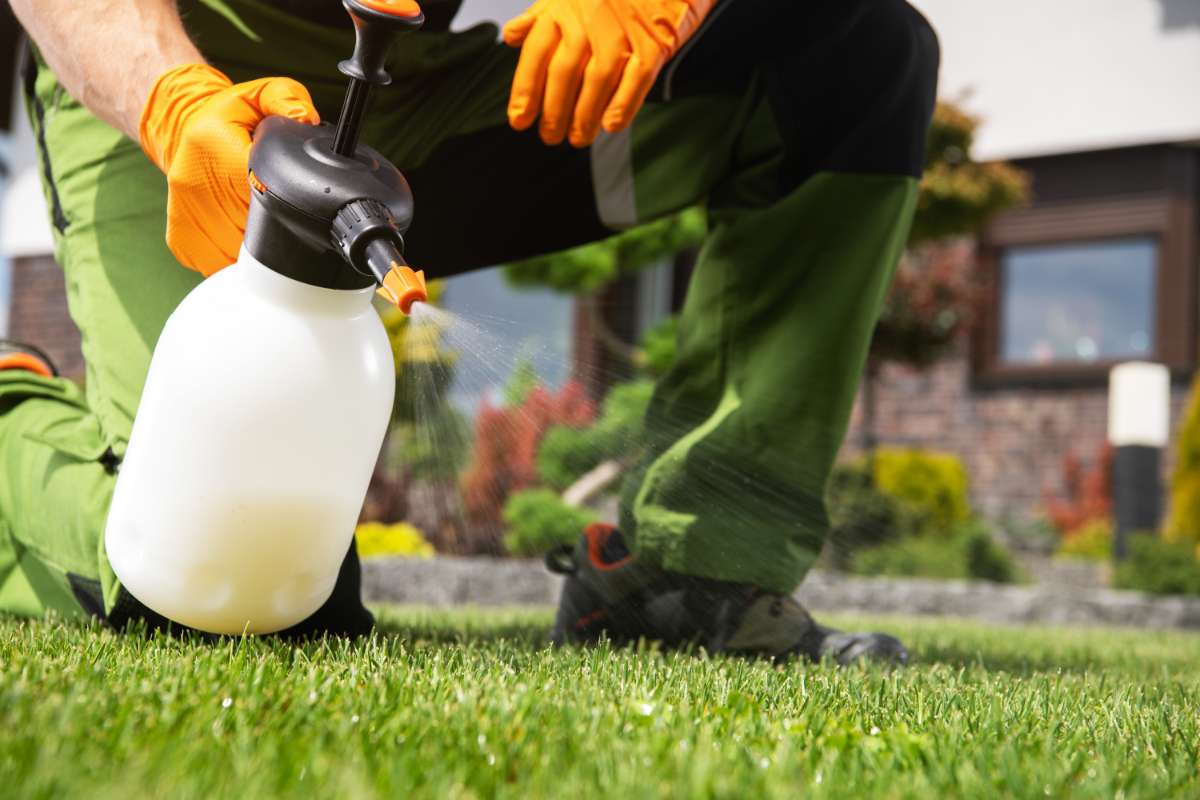
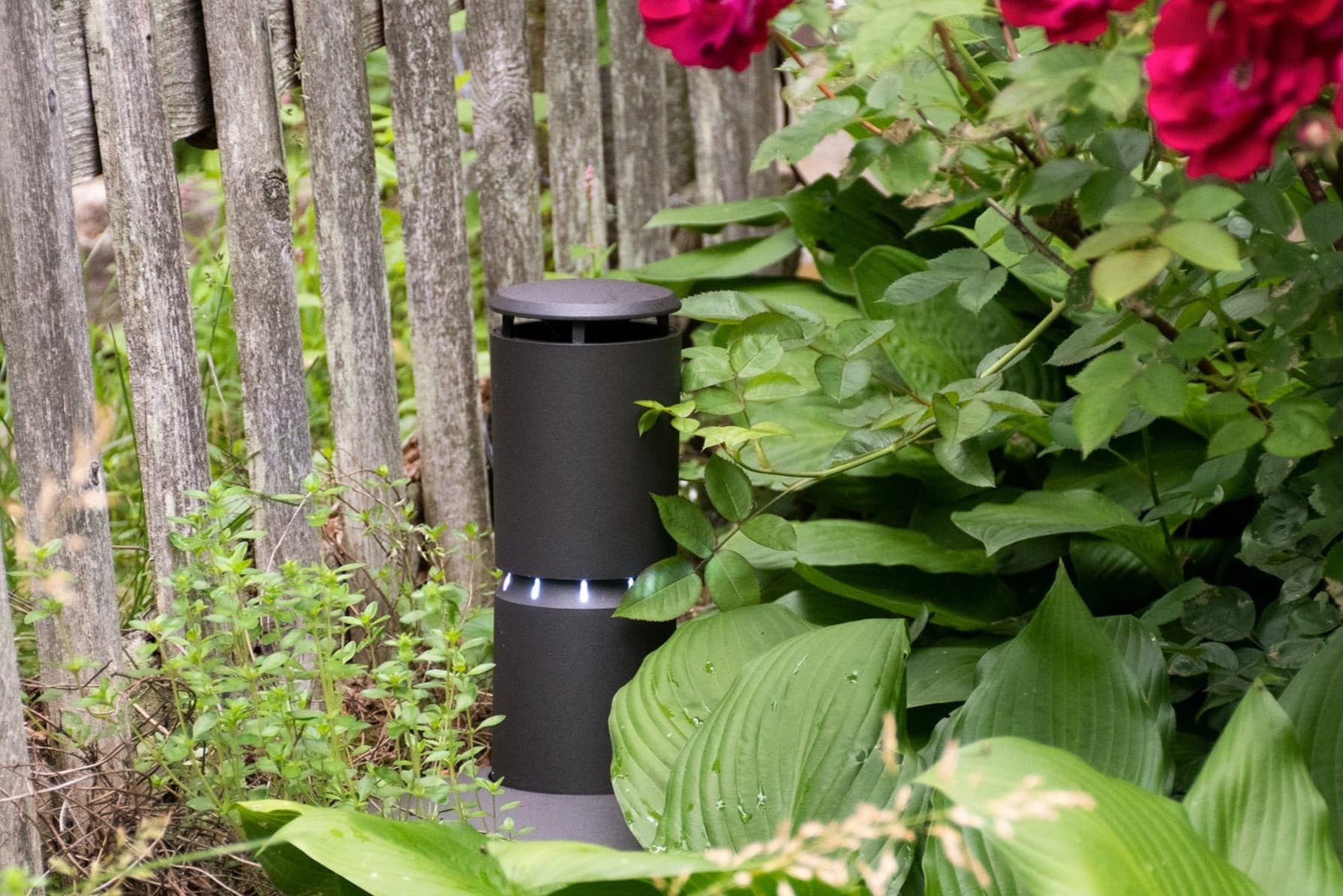

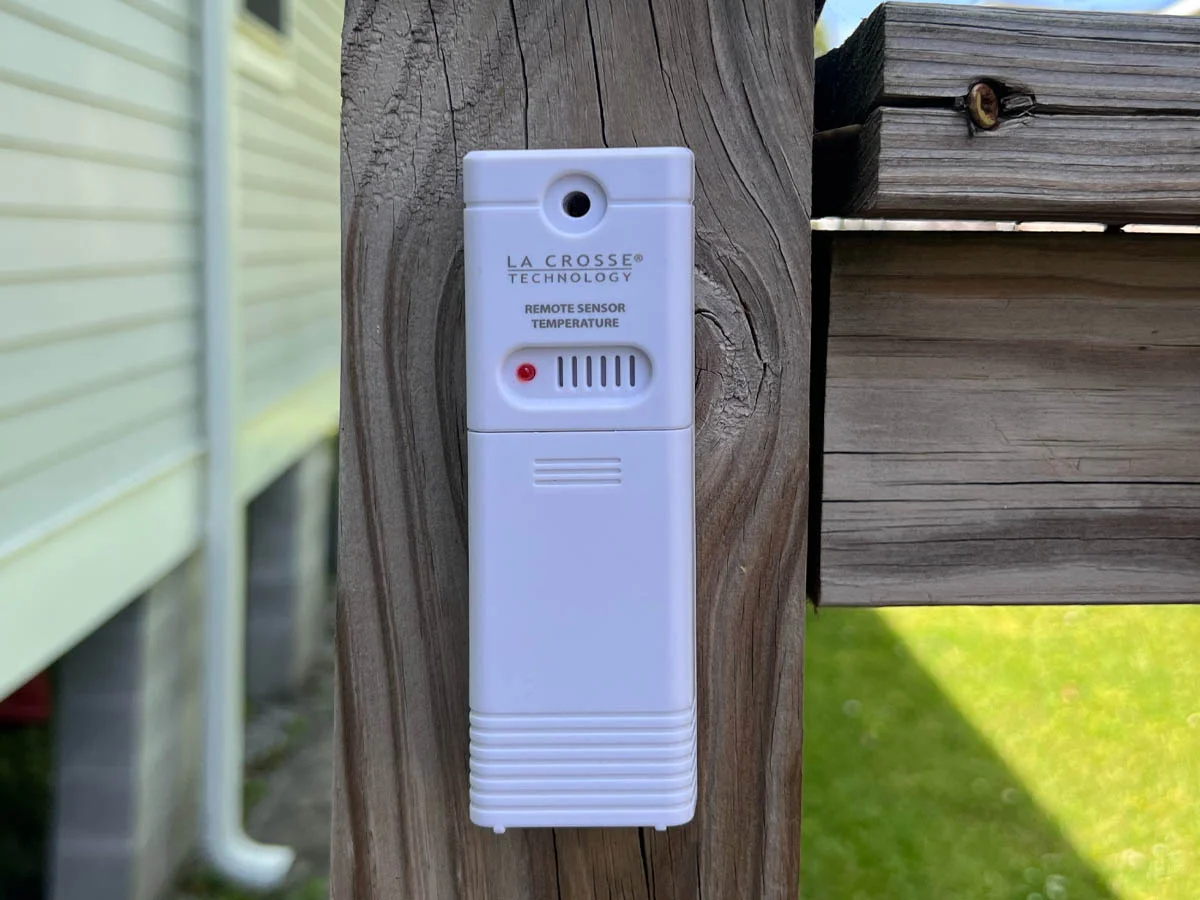



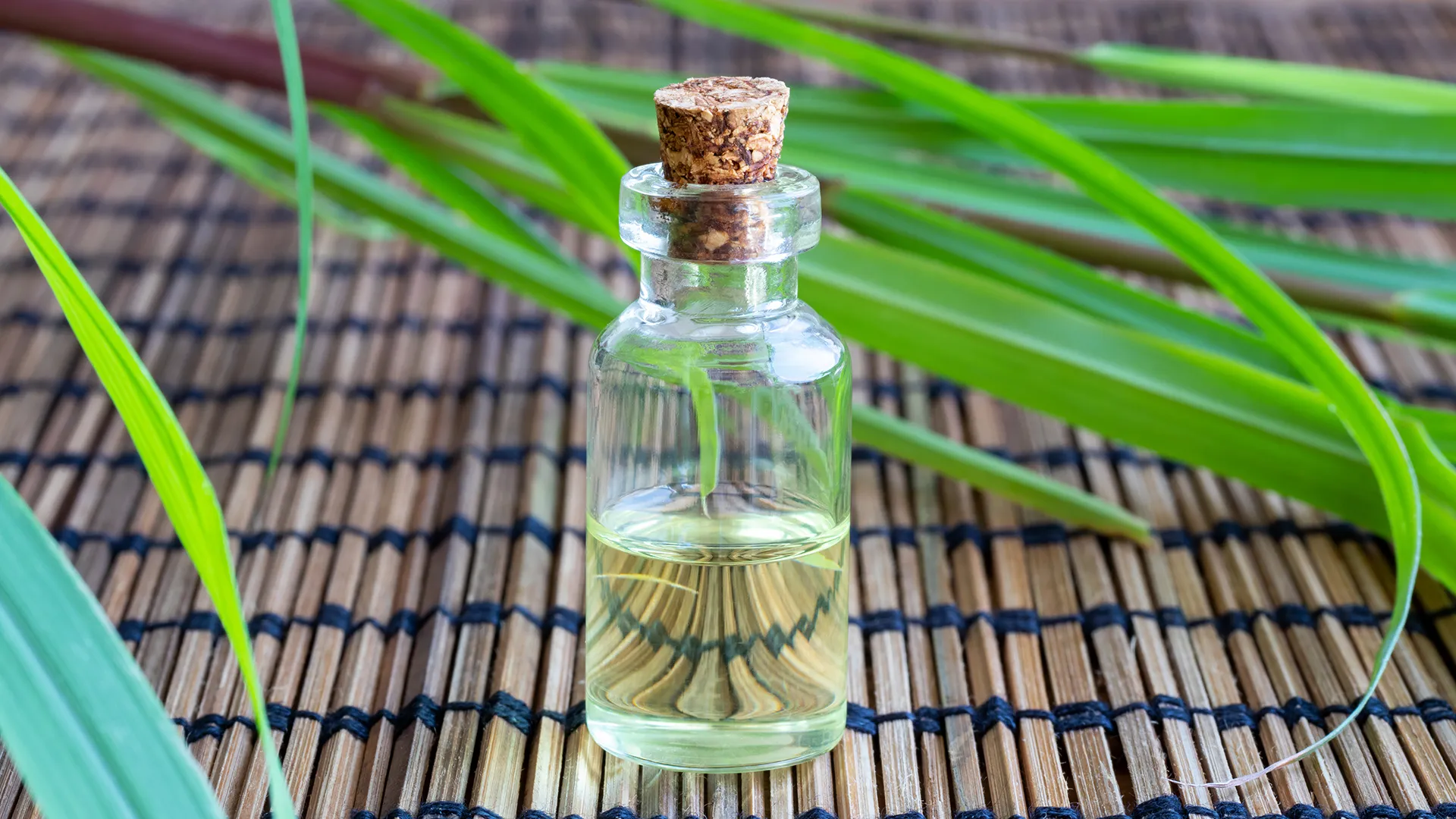


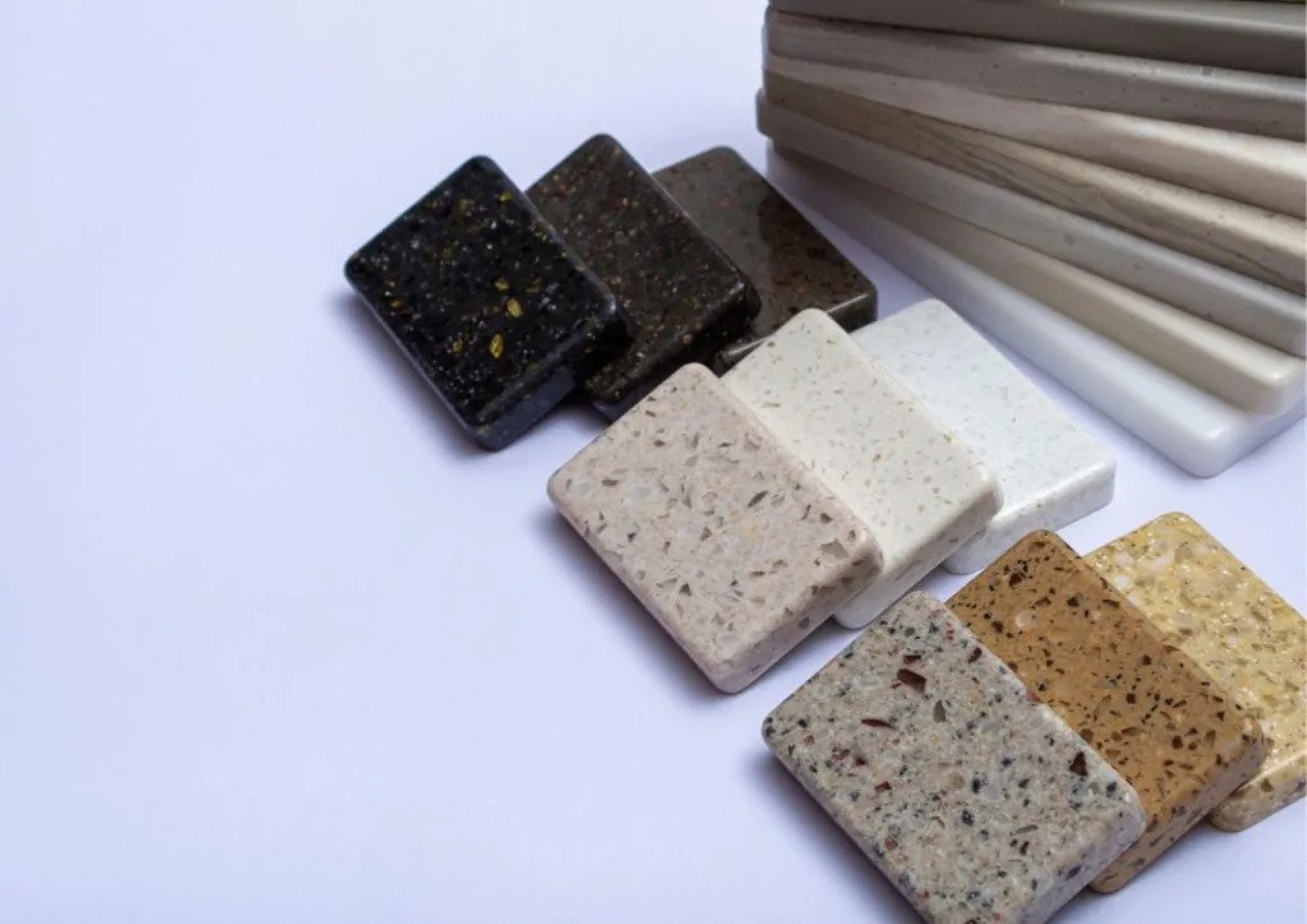


0 thoughts on “What Is The Most Effective Outdoor Mosquito Control?”